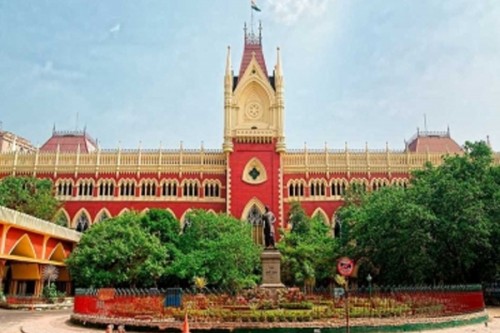Fresh notification of primary teachers' recruitment challenged at Calcutta HC

Kolkata, Oct 28 (IANS) A fresh notification by the West Bengal Board of Primary Education (WBBPE) for recruitment of primary teachers was been challenged in the Calcutta High Court on Friday.
As per the notification by the WBBPE, the written tests for the fresh recruitment would be conducted on December 11 this year and those appearing in the same recruitment process in 2014 and 2017 will be able to appear.
A petition challenging the notification was submitted before a single-judge vacation bench of Justice Jay Sengupta on Friday afternoon, arguing that since the cases of recruitments in 2014 and 2017 are at various stages of hearing in the same court, there is no justification of the fresh notification at this stage.
However, Justice Sengupta declined to hear the matter and said that it will be heard by a regular bench after the festival vacation ends on November 1.
The petition was mainly filed by the non-included candidates of 2014 and 2017, who are currently protesting against the irregularities in the recruitment process then. In the fresh notification, the WBBPE has maintained that those appearing in the same recruitment process in 2014 and 2017 will be able to appear for the tests but has at the same time, said that the upper age limit for appearing will be 40 years as it was before.
The contention of many non-included candidates of 2014 is that many of them have already attained the age of 40 years and hence they should be directly appointed as they were illegally deprived in 2014 to make room for ineligible ones against some consideration. Similar arguments have been placed by some non-included candidates of 2017.
In fact, the non-included candidates for both these years had been protesting against the primary teachers' recruitment irregularities for quite some time. Early on October 21), following a sudden police action, protesters agitating in front of the WBBPE office against the alleged irregularities in the recruitment of primary teachers, were removed, which evoked massive protests from all sections of the society and opposition political parties in the state.

|

|

